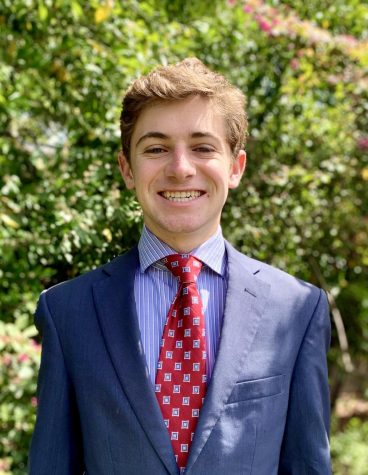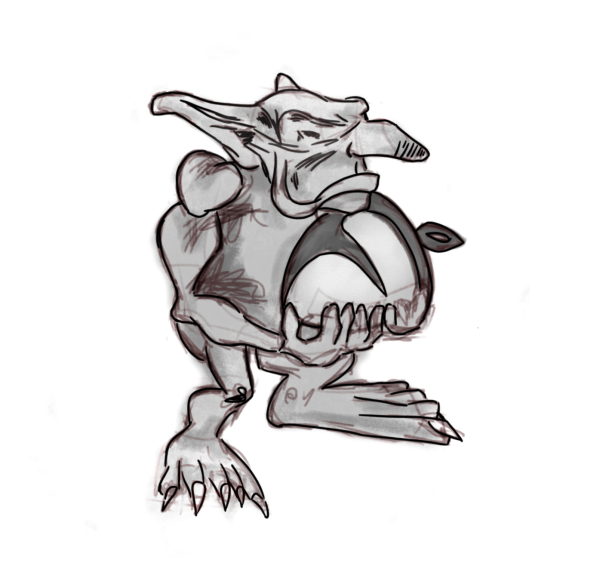Yes on Proposition 18 ought to be a no-brainer
Democracy and voting are two halves of the same whole, and without one, we can’t have the other. “Democracy” comes from the Greek roots of demos (people) and kratos (power). And while kratos is omnipresent amongst all forms of government, democracy is unique in that it gives power to the people, and this power comes in the form of a vote. However, not all who should be able to vote have the ability to do so. The excessive curbing of voter rights is a problem that runs rampant across the United States, but California Proposition 18 would take a small, yet important first step in addressing this crisis.
Prop 18 would enable 17-year-olds to vote in primary elections provided they are 18 by the time of the next general election by amending the California Constitution. The amendment itself reads:
SEC. 2. (a) A United States citizen who is at least 18 years of age and a resident in this State may vote.
(b) A United States citizen who is 17 years of age, is a resident in this State, and will be at least 18 years of age at the time of the next general election may vote in any primary or special election that occurs before the next general election in which the citizen would be eligible to vote if at least 18 years of age.
While that might seem very straightforward, there is still resistance to the passage of this legislation. However, this coming election, voters have the ability to rebuke a system that undermines the fundamental principles of democracy and creates an America that is skewed in favor of a stagnant status quo by voting yes on California Proposition 18.
First and foremost, the shift in voting age for Prop 18 is infinitesimally small in terms of brain development. The human mind is an enigma. Its myriad complexities defy most conventional explanation, yet that has not stopped the fine folks beyond the “No on Prop 18” campaign from giving us all a definitive answer on brain maturity.
“Science affirms that the reasoning and logic portion of their brains is NOT FULLY DEVELOPED,” said “No on 18.”
While that might seem innocuous enough at first glance, “No on 18” is using a warped view of science. Instead of putting everything in all caps to somehow make things more “convincing,” allow this 18-year-old to use the reasoning and logic portion of his brain for a little while. In an article published in the Journal of Adolescent Health, researchers Johnson et al. posit that the prefrontal cortex – the command center for executive functions such as planning, memory, and impulse control – does not finish developing until the mid-20s. While this might initially seem like a strike against a younger voting age, it is actually quite the opposite. It goes to show how many of the very, very important aspects of American life are unlocked before the brain is fully developed. Drinking alcohol and exposing oneself to the side effects of intoxication? 21. Joining the military and sacrificing life and limb for this country? 18. Being able to drive a car at speeds upwards of 60 miles per hour? Technically 16. If American culture and law dictates that you can put your life on the line doing very mature things years before your brain is done developing, then being able to make a logical, rational decision on who you want to represent your political party should be a given.
On the topic of representation, undercutting the voices of America’s youth in the primaries stifles a key perspective on American politics and denigrates political education. As politics comes to the fore, more and more young people are becoming involved in deciding who represents them in the government, and even if they do not have the ability to vote, there is still a strong urge to become politically engaged. According to data from the US Census Bureau, voter turnout for 18- to 29-year-olds spiked from 20 to 36 percent between 2016 and 2018, the largest increase of any age demographic in the country. Political activism and mobilization is increasing amongst young people, and American democracy must become more reflective of that. Furthermore, expanding voting access to 17-year-olds will increase these numbers further. By voting for their candidate of choice in primary elections, young people will feel more engaged in the system. This engagement will hopefully spur lifelong passion for the democratic process in America.
In this time of unparalleled turmoil, expanding voting rights for young people is a no-brainer bipartisan move that will reaffirm America’s commitment to its founding principles. 18 states have already allowed it, and it is high time that California followed suit.
Hello there! Our goal is to provide relavent, engaging journalism for readers of all ages. Your donation will support the student journalists of the Wolfpacket at Claremont High School, and will allow us to purchase equipment, print our monthly issues, and enter in journalism competitions. We appreciate your consideration!

Charlie Warren is a senior at Claremont High School, where he is currently an assistant sports editor with the Wolfpacket. In terms of extracurriculars,...






